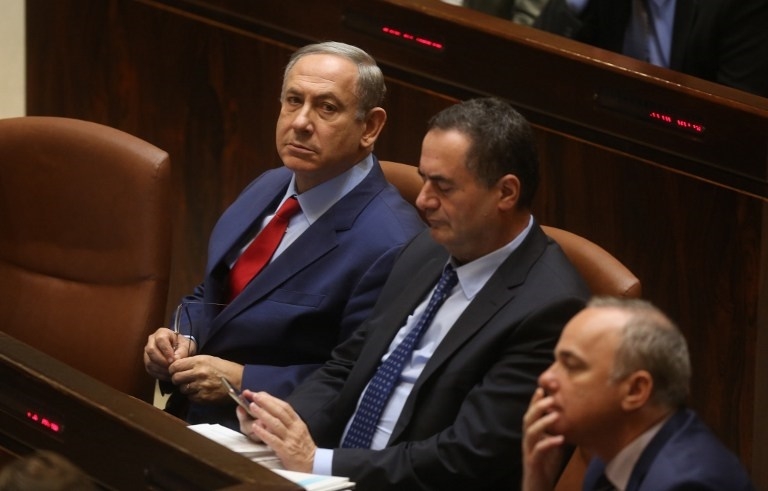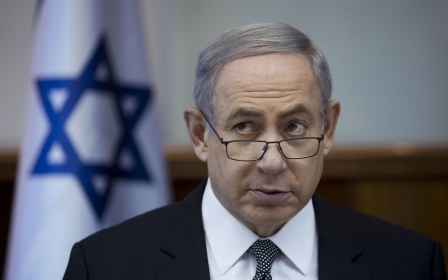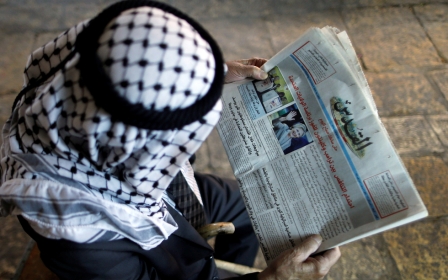Knesset MP challenges move to ban call to prayer

Knesset MP Ahmed al-Tayibi made the Muslim call to prayer during a parliamentary session on Monday in a bid to challenge Israeli Prime Minister Benjamin Netanyahu’s support for a draft bill on stopping the use of public address systems for calls to prayer, reported Aljazeera.
After making the call to prayer, al-Tayibi said, “Mu’izzins [callers to prayer] will continue to make their calls… God is the Greatest,” in a poetic reference to the works of Palestinian poet and author Mahmoud Darwish, regarded as a national symbol of resistance among Palestinians.
“Many years ago, I stood right here [in the Knesset] to speak about how the Israel army is trained to attack those who say ‘Allahu Akbar’, and now, here we are again discussing the same issue, but in a different light,” said al-Tayibi.
In a statement published after the parliamentary session’s conclusion, al-Tayibi declared that the move to ban the call to prayer is Islamaphobic, reported Aljazeera on Monday.
The bill, which was adopted by a ministerial committee on Monday, faces three readings in parliament before becoming law.
Netanyahu has shown his backing for the proposal to quieten calls to prayer, saying he has received complaints from all quarters about “noise and suffering”.
"I cannot count the times - they are simply too numerous - that citizens have turned to me from all parts of Israeli society, from all religions, with complaints about the noise and suffering caused them by the excessive noise coming to them from the public address systems of houses of prayer," Netanyahu said at the start of a cabinet meeting.
While the draft bill applies to all houses of worship, it is seen as specifically targeting mosques. Israel's population is roughly 17.5 percent Arab, most of them Muslim, and they accuse the Jewish majority of discriminating against them.
East Jerusalem is also mainly Palestinian and traditional calls to prayer by muezzins through PA systems can be heard in the city.
Middle East Eye propose une couverture et une analyse indépendantes et incomparables du Moyen-Orient, de l’Afrique du Nord et d’autres régions du monde. Pour en savoir plus sur la reprise de ce contenu et les frais qui s’appliquent, veuillez remplir ce formulaire [en anglais]. Pour en savoir plus sur MEE, cliquez ici [en anglais].




